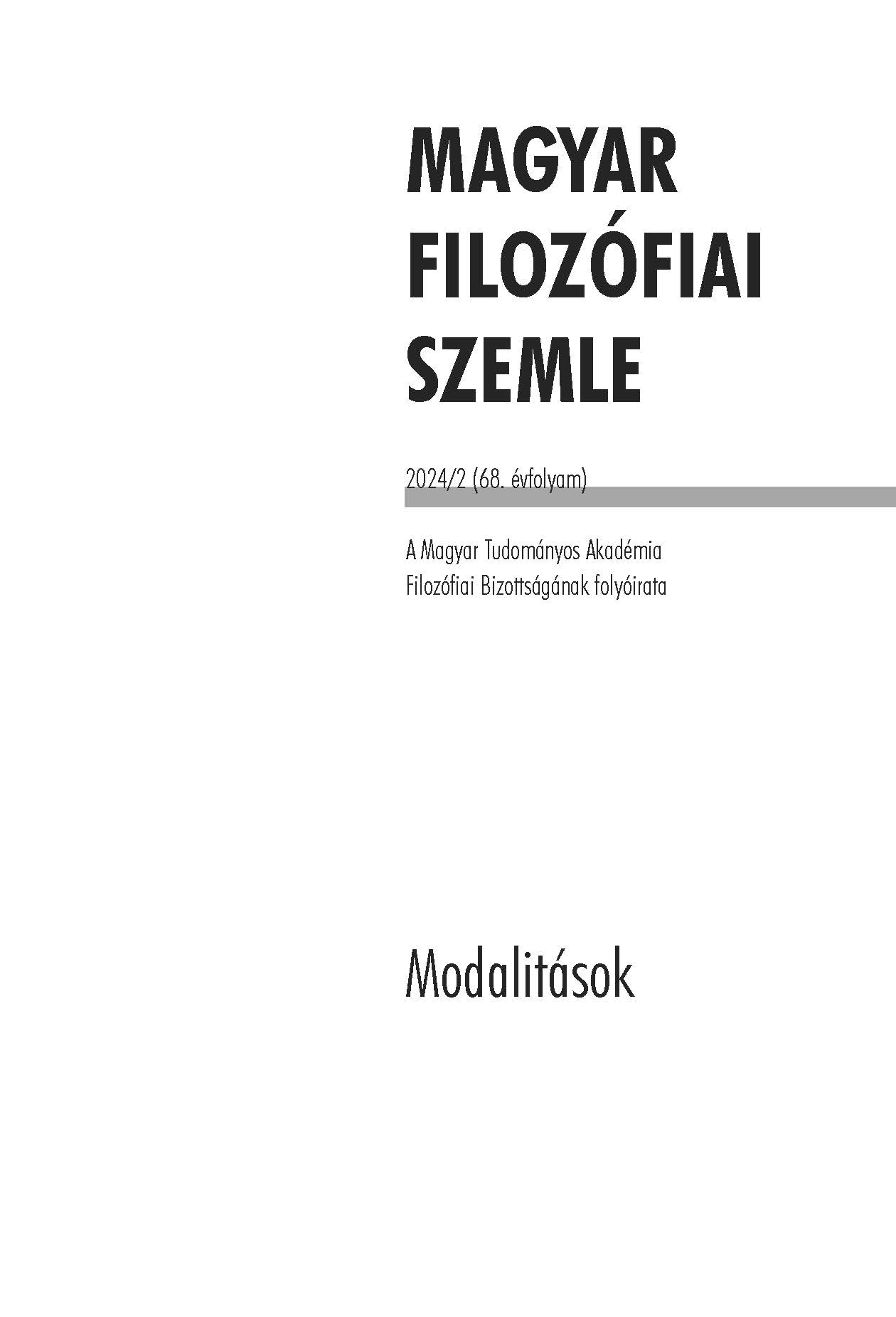Szabadságot a zombiknak!
Absztrakt
A tanulmányban Bernáth László Létezik-e szabad akarat? című művében kifejtett, a szabad akarat fogalmával és létezésével kapcsolatos koncepciójának néhány fontosabb elemét elemzem és kritizálom. Először amellett érvelek, hogy a szabad akarat fogalmához nem tartozik hozzá a fenomenális tudatosság, vagyis létezhetnek tudattalan szabad akarati döntések. Erre támaszkodva a szöveg további részeiben kritizálom Bernáth azon érvelési stratégiáját, hogy a szabad akarat létezése mellett a fenomenológiai konzervativizmus módszertani elvére hivatkozva bizonyos akaratlagos döntési helyzetek belső tapasztalatának fenomenológiájára támaszkodva érvel. Ha ugyanis a szabad akarat fogalmának nem lényegi eleme, hogy az ilyen helyzetek fenomenálisan tudatosak, akkor a létezésük mellett vagy ellen sem érvelhetünk kizárólag az ilyesfajta tapasztalatok fenomenológiájára támaszkodva. Végül Bernáthnak azon koncepciója ellen sorakoztatok föl érveket, amely úgy állítja be, mintha a szabad akarat körüli vitát egy, a belső tapasztalat fenomenológiáját komolyan vevő metafizikai konzervatív és egy, a belső tapasztalat helyett inkább az empirikus tudományokra támaszkodó metafizikai progresszivista álláspont, sőt világnézet feloldhatatlan ellentéte alkotná. Ezen összebékíthetetlen álláspontok reménytelen harcáról szóló kép helyett a tanulmány végén inkább a racionális érvek erejében bízó, optimistább képet igyekszem sugalmazni.



